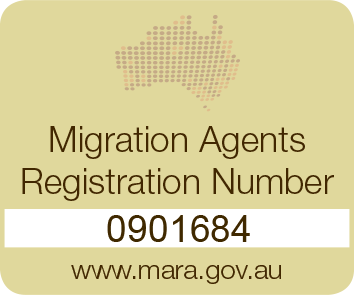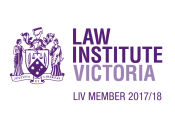.
It will come as no surprise to you that all partner visa applications require evidence to convince the Department of Home Affairs (DHA) that your relationship is genuine and continuing, and not a sham arrangement contrived for the purpose of obtaining a visa.
Depending upon which type of partner visa you apply for, you will need either at least 6 or 12 months evidence. For provisional partner visas (Subclass 820 onshore visa or 309 offshore visa), and adding a partner to a Student Visa, you will require 12 months evidence (unless special circumstances apply). To add a partner to a Temporary Skills Shortage Visa (TSS) or a New Zealand family visa (Subclass 461), you will need 6 months evidence.
You’ve probably heard that these days, the Department of Home Affairs (DHA) takes a serious and punitive view of false claims and/or bogus documents accompanying visa applications. It doesn’t hesitate to apply 3-10 year return ban on offending applicants, and their immediate family members (even if they are not joint applicants).
So, what sort of relationship evidence do you need?
The answer is that you need a comprehensive collection of documents including but not limited to:
- Personal Statements/Statutory Declarations from both of you describing the following:
- how, when and where you first met;
- how the relationship developed;
- when you moved in together, got engaged or married;
- what you do together;
- time you spent apart;
- significant events in the relationship; and
- your plans for the future.
- Statutory declarations from family and friends confirming the nature of your relationship.
- Financial Evidence that you and your partner/spouse share financial matters including:
- joint mortgage or lease documents;
- joint loan documents for major assets like homes, cars or major appliances;
- joint bank account statements; and
- household bills in both names.
- Social matters evidence
- Recent photographs of you and your partner/ spouse, as well as photographs of you both with your family and/ or friends.
- Social media posts and photos.
- Evidence you have told government, public or commercial bodies about your relationship, including: tax returns, registered relationship certificate if you’re a de facto couple, or a marriage certificate if you’re married.
- Evidence of shared travel.
- Evidence that others know about your relationship, including joint invitations or other evidence you go out together.
- Evidence you do joint sporting, cultural or social activities together or are members of the same club.
- Your household evidence
- Evidence of living together such as joint leases, mail to the same address, joint utilities or bills etc.
- Statements about how you share housework and your living arrangements.
- mail or emails addressed to you both.
- documents that show joint responsibility for children.
- Commitment evidence
- Evidence of long-term commitment including: engagement and wedding ring purchases, adding each other to your wills, superannuation documents where you or your partner/spouse is made a beneficiary, and plans to purchase property or have children together.
- If called to an interview, evidence demonstrating an in-depth knowledge of your partner/spouse, including each other’s background, family situation or other personal details.
What if I have a long distance relationship?
Proving a genuine long-distance relationship is difficult, but not impossible. You may not be able to provide co-habitation or co-ownership documents and it’s likely that you won’t have both your names on a bill. You may have evidence of travelling together, flight and hotel bookings, gifts, photographs and communications, eg. via social media or regular mobile phone accounts, and even joint bank accounts. Detailed statements from friends and family explaining your unique situation are also always helpful. Make sure that they outline why you aren’t currently living together.
Also evidence of you and your partner/spouse staying in touch while apart is important. This evidence can be in the form of print screens of calls or messages to one another, social media communication, or evidence transfers and gifts sent to each other.
AHWC Immigration Law can help you collect together the required documentation to prove your relationship is genuine and continuing.
Our expert migration agents know exactly what the Department of Home Affairs looks for in terms of evidence and we will streamline the process and complete a perfect decision record application for you. Book a consultation with us today, and let’s get started!

 Points Test
Points Test
 Book Now
Book Now 


